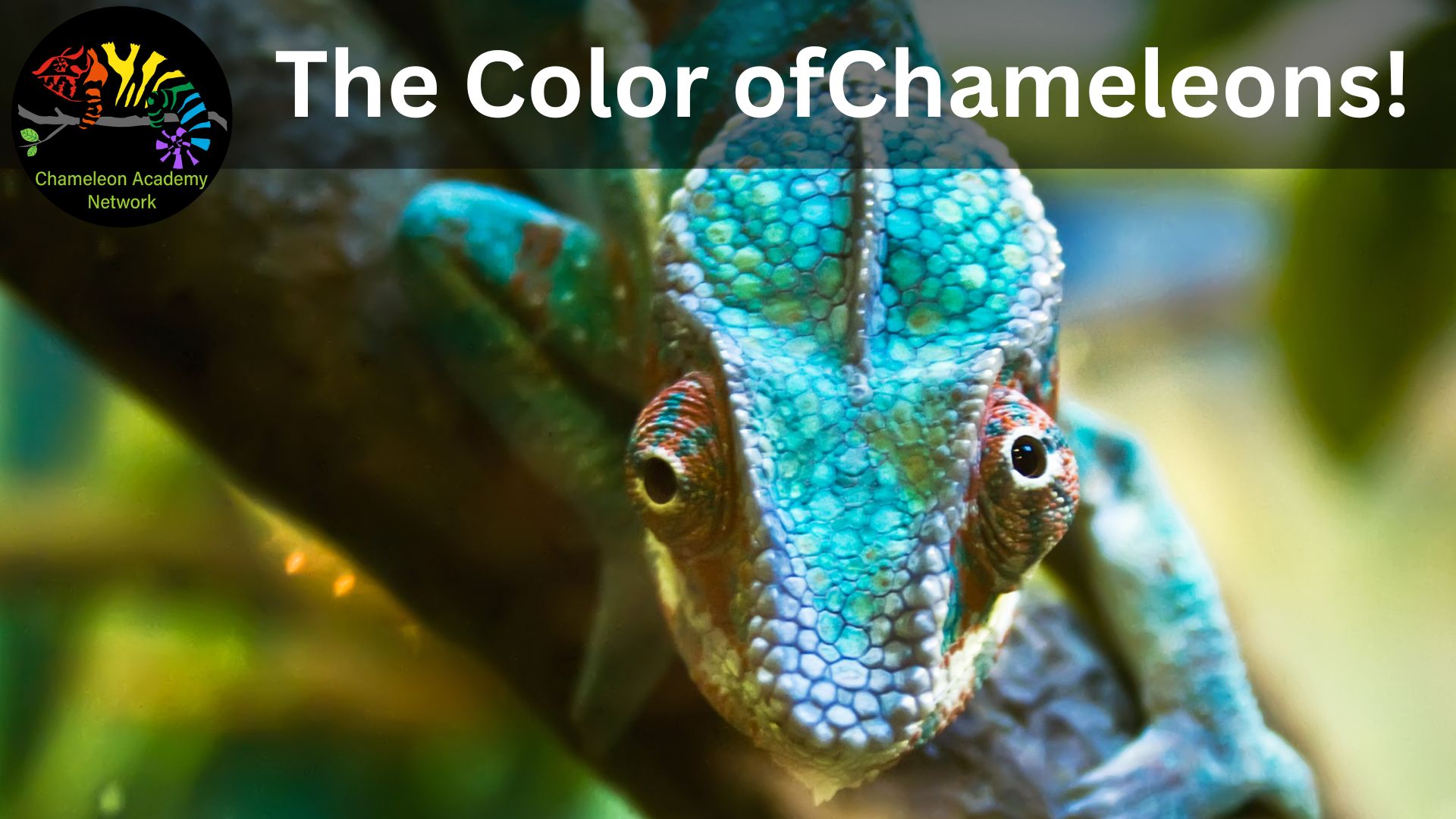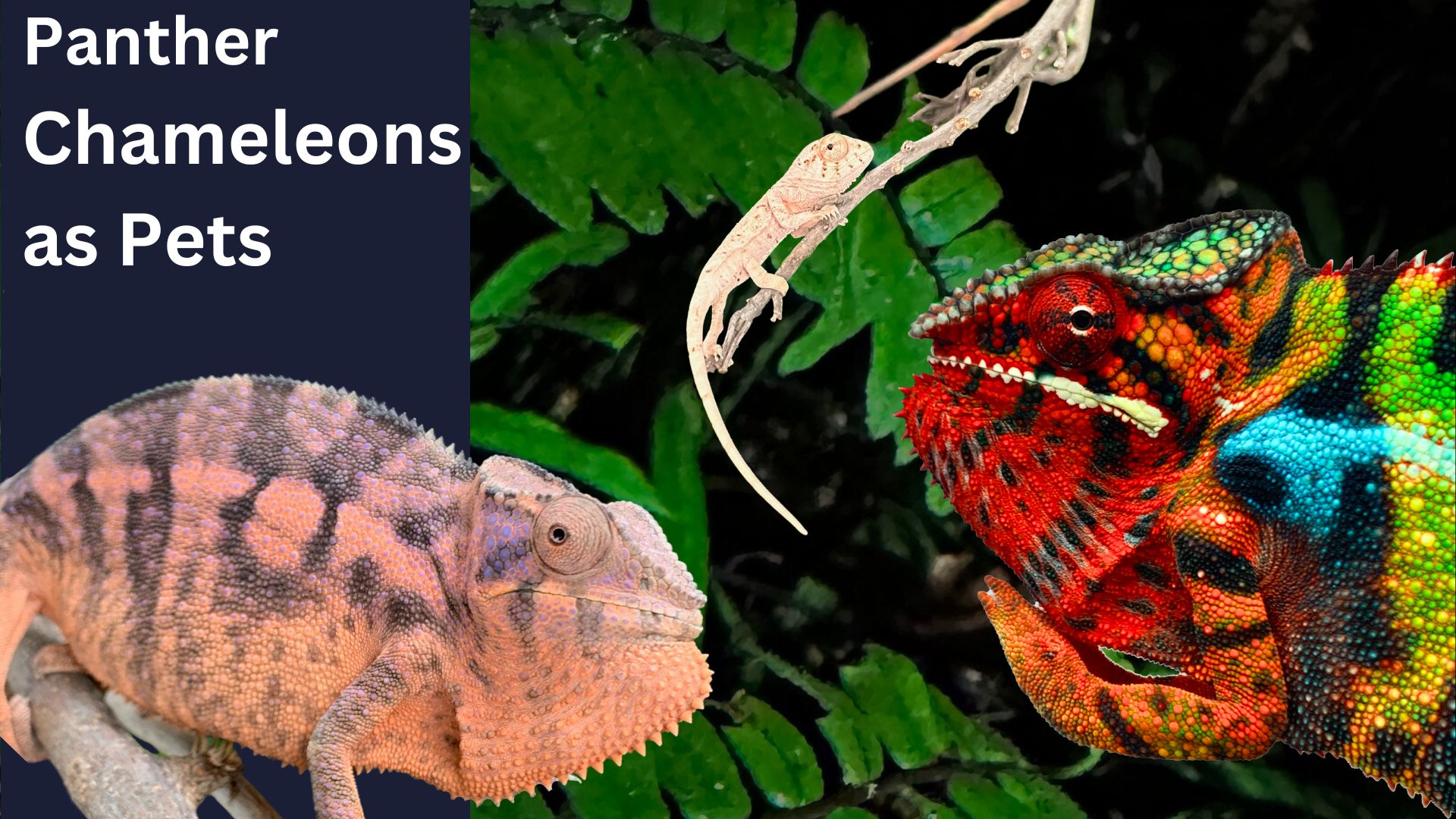Chameleons can die from stress as they are sensitive creatures prone to health complications. Chameleons, known for their unique ability to change color and blend into their surroundings seamlessly, are fascinating reptiles.
However, these delicate creatures can be particularly susceptible to stress, which can have severe consequences on their health and well-being. Stress factors such as poor living conditions, improper handling, or changes in their environment can lead to adverse effects on chameleons.
Understanding the signs of stress in chameleons and taking proactive measures to address the underlying causes is crucial in ensuring their overall health and longevity. We will explore the impact of stress on chameleons and provide essential tips for keeping these captivating reptiles happy and healthy.
The Chameleon’s Adaptability
The Chameleon’s Adaptability is truly fascinating, with its remarkable abilities to thrive in various environments.
Color-changing Abilities
Chameleons possess vibrant color-changing abilities, allowing them to blend seamlessly into their surroundings for camouflage.
Unique Physiological Features
With specialized physiological features, such as independently moving eyes and a long projectile tongue, chameleons are well-equipped for survival.
The Impact Of Stress On Chameleons
Physiological Responses
Chameleons experience physiological responses to stress, such as changes in heart rate and breathing patterns.
Behavioral Changes
Stress can lead to behavioral changes in chameleons, including decreased appetite and lethargy.
Common Stressors For Chameleons
Chameleons are fascinating creatures, known for their ability to change color and their unique, arboreal lifestyle. However, these captivating reptiles are also susceptible to stress, which can have detrimental effects on their well-being. Common stressors for chameleons encompass various aspects of their environment and interactions, including habitat conditions, handling, and human interaction.
Habitat Conditions
Chameleons require specific habitat conditions to thrive, and any deviation from these requirements can cause stress. Factors such as inadequate temperature and humidity levels, improper lighting, and limited space can all contribute to stress in chameleons. It’s crucial to ensure that their enclosure closely mimics their natural habitat, with ample foliage, climbing opportunities, and a suitable microclimate.
Handling And Human Interaction
Interaction with humans, particularly improper handling, can induce stress in chameleons. These delicate reptiles are not accustomed to frequent handling and may become stressed or agitated when subjected to excessive human contact. It’s important to minimize handling to essential tasks such as health checks, and to do so with gentle, careful movements to mitigate stress. Additionally, the presence of loud noises, sudden movements, or unfamiliar individuals can also trigger stress responses in chameleons.
Stress-related Health Issues
Chameleons are fascinating creatures known for their ability to change color and blend into their surroundings. However, like any living being, chameleons are susceptible to stress, which can have detrimental effects on their health. In this blog post, we will explore various stress-related health issues that chameleons can face, including respiratory problems and digestive disorders.
Respiratory Problems
Stress can weaken a chameleon’s immune system, making them more vulnerable to respiratory problems. When a chameleon is stressed, it may exhibit symptoms such as labored breathing, wheezing, and nasal discharge. These signs could indicate an underlying respiratory infection, which, if left untreated, can be fatal for the chameleon.
It’s important to note that stress alone may not directly cause respiratory problems in chameleons. However, it can weaken their immune system, making them more susceptible to contracting respiratory infections from bacteria or fungi present in their environment. Therefore, maintaining a stress-free environment, providing proper ventilation, and regular veterinary check-ups can help prevent and address respiratory issues in chameleons.
Digestive Disorders
A stressed chameleon may experience various digestive disorders, such as lack of appetite, constipation, or diarrhea. When chameleons are stressed, they may refuse to eat or struggle to digest the food they consume. This can lead to malnutrition, dehydration, and even organ failure if not promptly addressed.
To prevent digestive disorders, it is crucial to provide a comfortable and stress-free habitat for your chameleon. Make sure their enclosure has suitable lighting, temperature, and humidity levels to promote proper digestion. Additionally, offering a varied and balanced diet of live insects and vegetation will support their overall digestive health.
If you notice any signs of respiratory problems or digestive disorders in your chameleon, it is imperative to consult a veterinarian who specializes in reptile care. They can provide a proper diagnosis and recommend appropriate treatment options to alleviate the stress-related health issues your chameleon may be facing.
Effective Stress Management For Chameleons
Chameleons are fascinating creatures known for their ability to change colors and blend into their environment. However, their delicate nature makes them susceptible to stress, which could potentially be life-threatening. It is important for chameleon owners to understand the potential dangers of stress and implement effective stress management strategies to ensure the well-being of these beautiful reptiles. In this section, we will explore some key stress management techniques that can help keep your chameleon happy and healthy.
Optimizing Enclosure Design
- Provide a spacious and secure enclosure to minimize stress. Chameleons require sufficient space to climb, explore, and bask in their preferred temperature.
- Include plenty of branches, plants, and hiding spots to create a natural and stimulating environment that mirrors their natural habitat.
- Avoid overcrowding the enclosure with too many chameleons or other pets, as this can lead to territorial stress.
- Ensure the enclosure has proper ventilation and lighting to mimic the chameleon’s natural habitat and prevent respiratory issues.
- Regularly clean and maintain the enclosure to promote a clean and hygienic living environment.
Appropriate Handling Techniques
- Handle your chameleon sparingly and with gentle, slow movements to avoid startling or injuring them.
- Avoid excessive handling, as chameleons are naturally solitary creatures and may become stressed by prolonged human interaction.
- If you need to handle your chameleon, ensure your hands are clean and scent-free to prevent any negative reactions.
- Support the chameleon’s body properly when handling to avoid accidental falls or injuries.
- Give your chameleon time to acclimate to their new environment before attempting any handling.
Proper stress management plays a crucial role in maintaining the health and well-being of chameleons. By optimizing their enclosure design and practicing appropriate handling techniques, you can help minimize stress and ensure a comfortable living environment for your scaly friend.

Credit: chameleonacademy.com
Frequently Asked Questions On Can Chameleons Die From Stress
What Happens When A Chameleon Is Stressed?
When stressed, a chameleon may change color, become aggressive, and stop eating. It might also display erratic behavior and avoid interaction. Providing a calm environment and handling with care can help alleviate stress.
Can Chameleons Die From Fear?
Chameleons can die from fear because stress weakens their immune system, making them susceptible to illness.
Can Chameleons Play Dead?
Chameleons cannot play dead, it’s not a natural defense mechanism for them. They rely on camouflage to hide from predators.
How Do You Calm A Stressed Chameleon?
To calm a stressed chameleon, create a quiet, dimly lit environment. Avoid handling it excessively. Provide plenty of hiding spots and maintain proper temperature and humidity levels in its enclosure. Offer food and water and limit any disturbances to help reduce stress.
Conclusion
Chameleons are delicate creatures prone to stress-related health issues. Addressing their environmental needs, reducing handling, and providing a low-stress environment are crucial for their well-being. Being mindful of their care can prevent stress-related illnesses and potential fatalities. Taking the necessary precautions can help keep these unique animals healthy and thriving.


